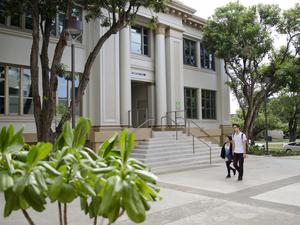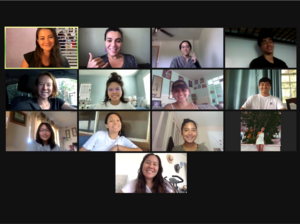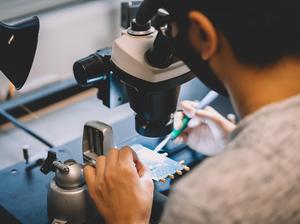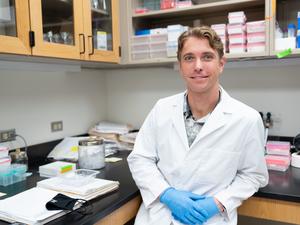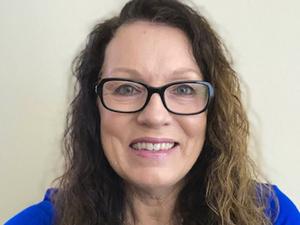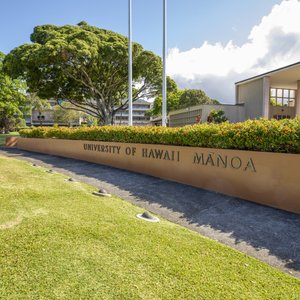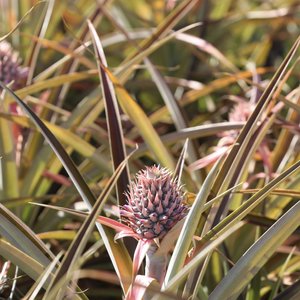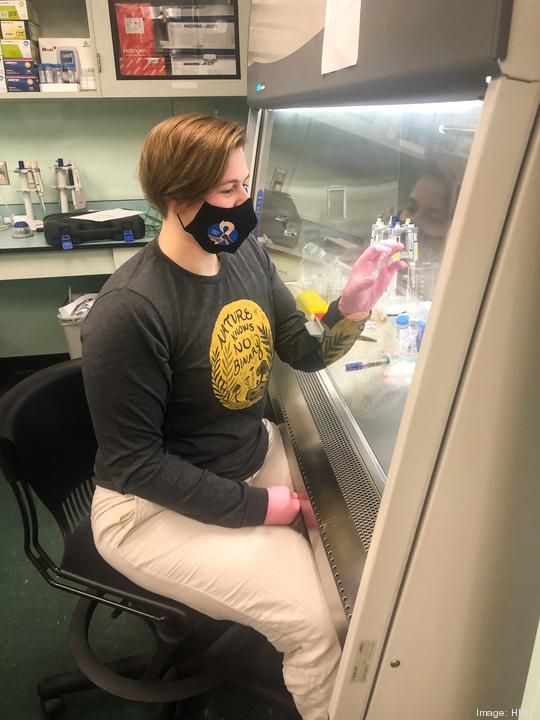
A recent Hawaii Pacific University graduate is studying the widespread growth of a type of pathogenic bacteria in Hawaii waters like the Ala Wai Canal.
Isabelle Yazel Eiser, who hails from Indiana and picked up a biochemistry degree from HPU this year, received a $3,000 grant for novel research into the spread of Vibrio vulnificus, which appears in brackish water around the Islands where salt and fresh water meet, according to the university.
“V. vulnificus is a deadly pathogenic bacterium that is in the same genus as the bacteria that causes cholera infections,” said Yazel Eiser in a statement supplied by the university. “This bacterium is naturally present in Hawaiian waters, although abundances can become high with increased freshwater input, like after a heavy rain.”
According to the CDC, Vibrio vulnificus can cause life-threatening wound infections that can lead to amputations. About one in five with the infection die.
Yazel Eiser has sampled water, primarily in Windward Oahu, at the brackish salinity level the bacteria thrives in. She plans to compare different strains of Vibrio vulnificus found in different locations with full genome sequencing, alongside HPU assistant professor of biology Dr. Olivia Nigro. Some strains are more likely to make people sick than others, Yazel Eiser said.
The grant was awarded from the HPU Undergraduate Infrastructure Student Research Center that was established in 2020. Yazel Eiser, — who is also a nurse working with Covid-19 patients — will conduct the research at HPU's Makapuu Campus and plans to have the genomic data ready for review at the start of 2022. The full project is slated to take about a year.
Yazel Eiser is conducting her research at HPU’s Makapuu Campus. She plans to have at least one significant part of her research complete by January 2022. The research project should take approximately one year, with genomic data ready for review at the start of 2022.
“Isabelle is inspirational,” Nigro said in a statement. “She works tirelessly at the hospital with Covid-19 patients, and then spends her days off in the lab, working to understand a different infectious agent. Her life’s focus is improving health outcomes for our community.”
Yazel Eiser is in the process of applying to graduate schools locally and on the Mainland with the intent to pursue a career in infectious disease research.
